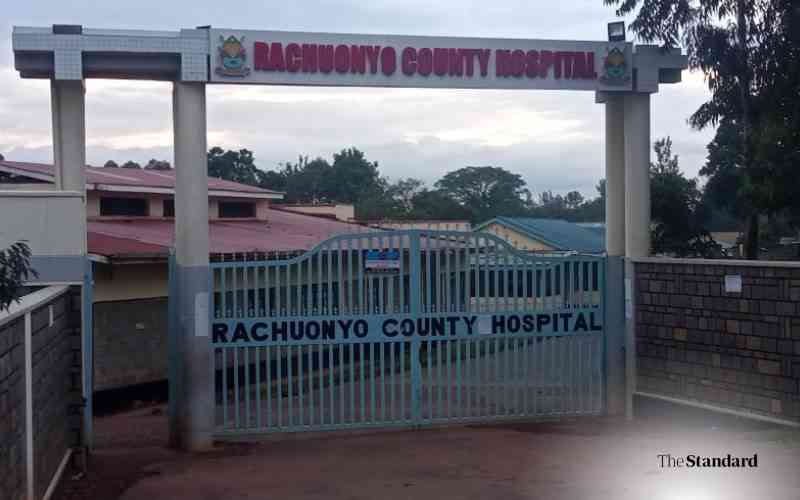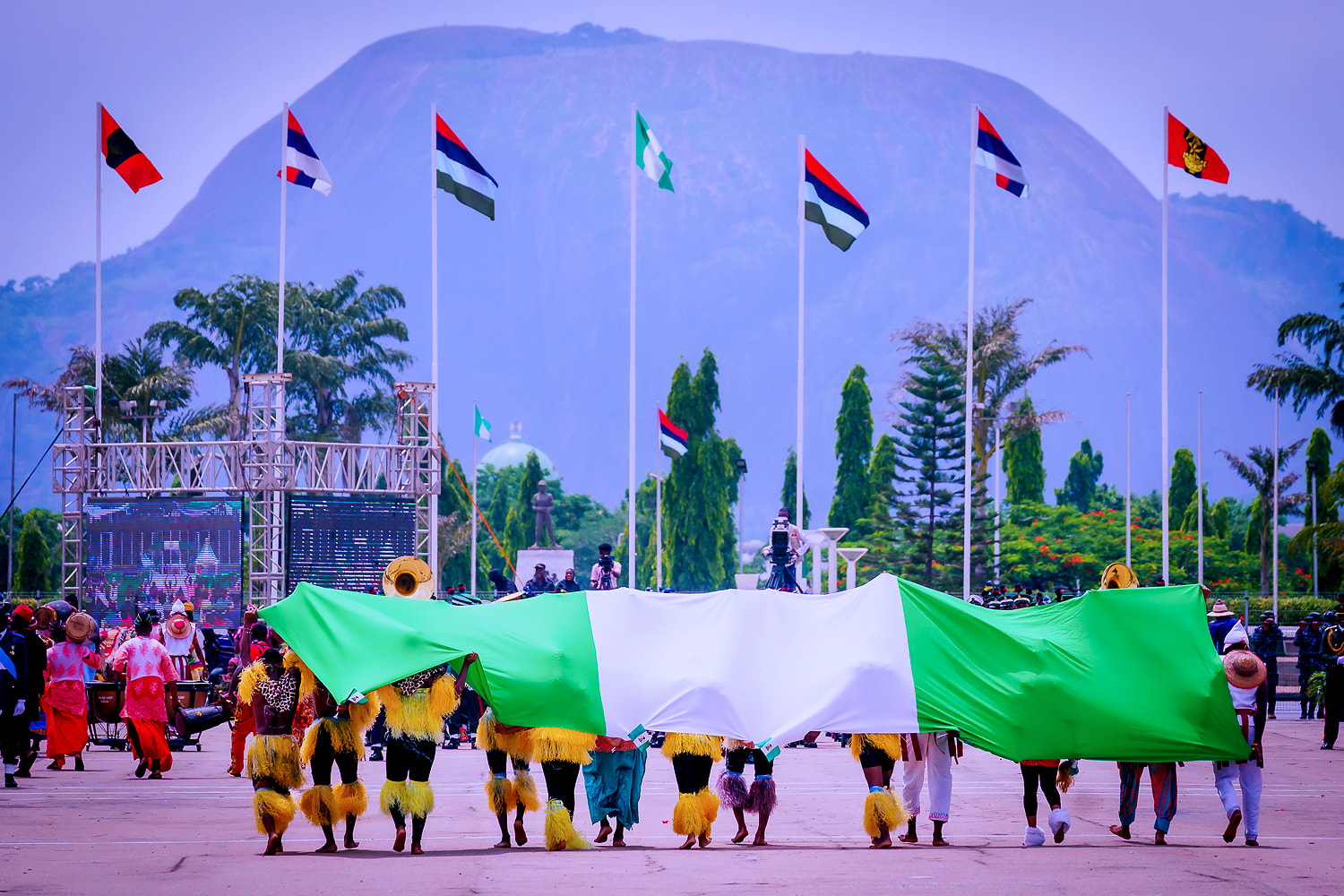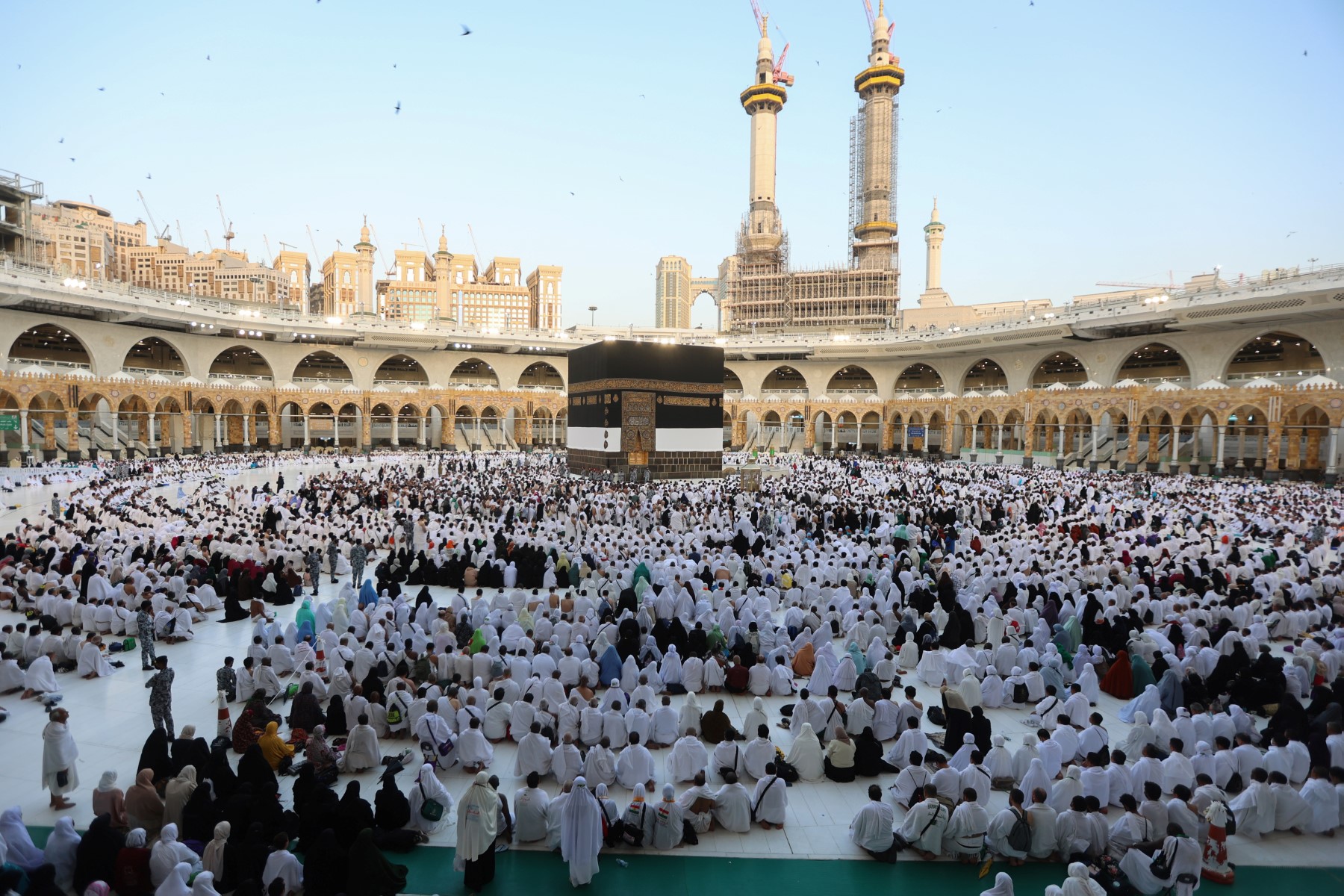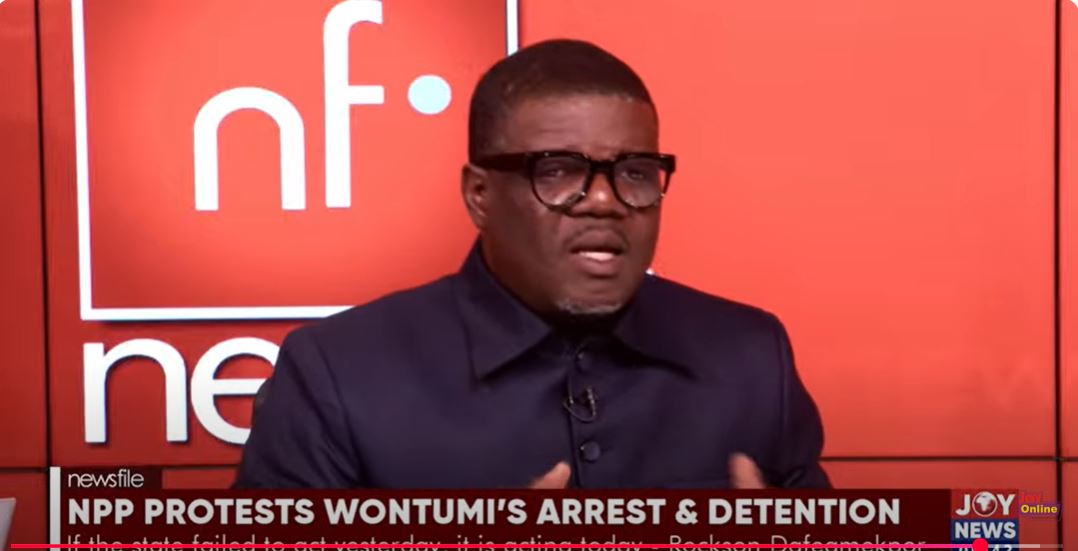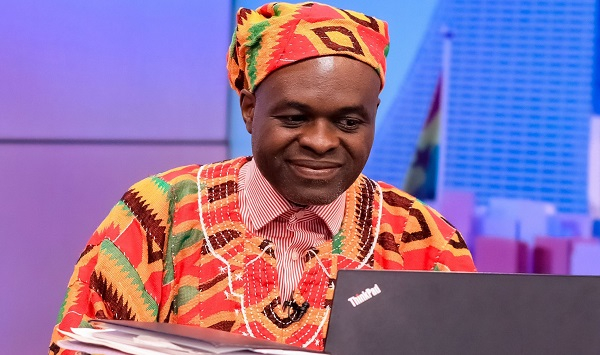Osei-Owusu Questions Grounds for Petitions Against Chief Justice, Urges Protection of Judicial Independence
This blog is managed by the content creator and not GhanaWeb, its affiliates, or employees. Advertising on this blog requires a minimum of GH₵50 a week. Contact the blog owner with any queries.
Ted News Ghana Blog of Friday, 18 April 2025
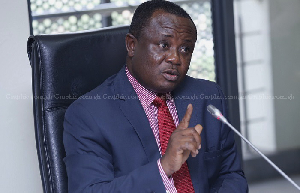
Accra, April 17, 2025 — Former First Deputy Speaker of Parliament, Joseph Osei-Owusu, has weighed in on the ongoing debate surrounding petitions for the removal of Chief Justice Gertrude Torkornoo, stressing that the process cannot be influenced by the President but expressing concern over the credibility of the grounds cited.
Speaking on Channel One’s Newsroom on Thursday, Osei-Owusu said he had reviewed three petitions circulating on social media and found the claims surprisingly weak and troubling, if accurate.
“My position is that the process cannot be influenced by the president, but I will be very much surprised and disappointed if the contents or the grounds as contained in the three petitions I have read—of course I stand to be corrected if those are not the genuine grounds,” he stated.
Concerns Over Judicial Integrity
Osei-Owusu emphasized the need to uphold judicial independence, warning against attempts to undermine the judiciary based on flimsy or politically motivated claims.
“If that is truly the content, the basis for which the petitioners are asking that the CJ be removed, I will be very surprised, disappointed and truly embarrassed if any committee will come to a conclusion that based on such petition, the CJ of Ghana will be removed,” he said.
He also highlighted the dangers of misinformation in the digital age, noting that while social media can be informative, it also poses risks of distortion and propaganda.
Broader Implications for Rule of Law
The petitions, which have stirred significant public and political discourse, raise fresh concerns about the independence of the judiciary and the transparency of constitutional processes in Ghana.
Osei-Owusu called on all stakeholders to act responsibly and base their actions on credible evidence, not emotion or misinformation.
“That is where the NPP’s concerns come into play,” he added, suggesting that the party remains wary of actions that could destabilize democratic institutions.
What’s Next?
The petitions have yet to be officially acknowledged or acted upon by Parliament or the Presidency. If deemed credible, the process would involve a parliamentary referral and judicial committee review, as outlined in Article 146 of Ghana’s Constitution.
For now, legal experts and political leaders continue to call for calm, objectivity, and adherence to due process.



